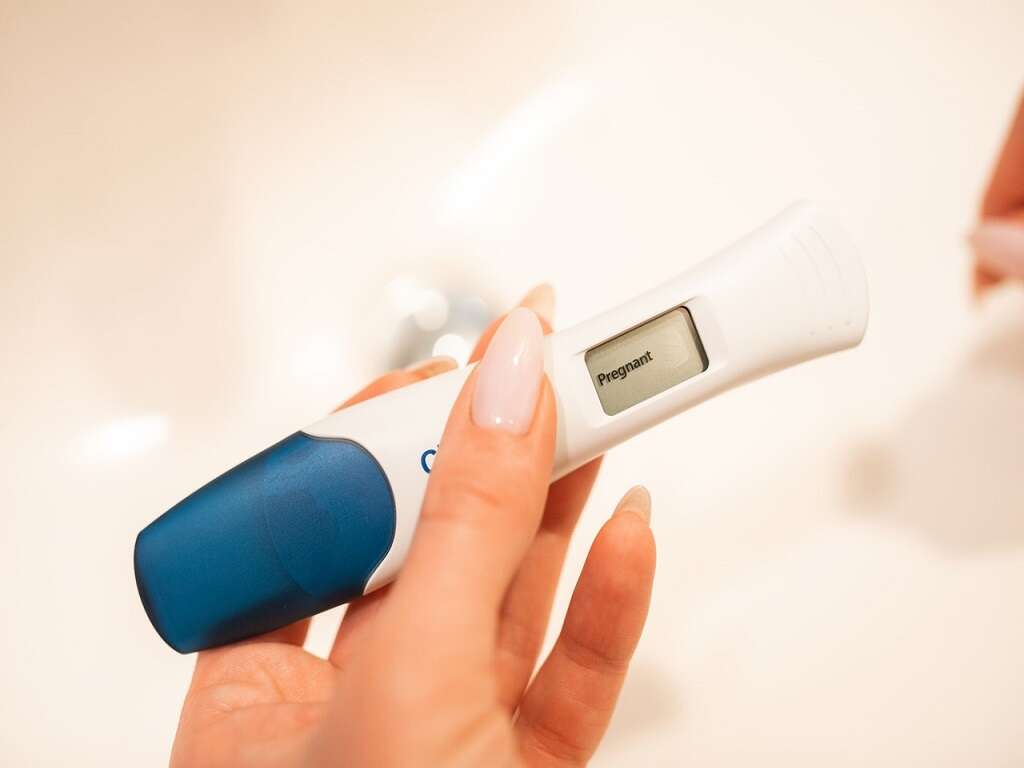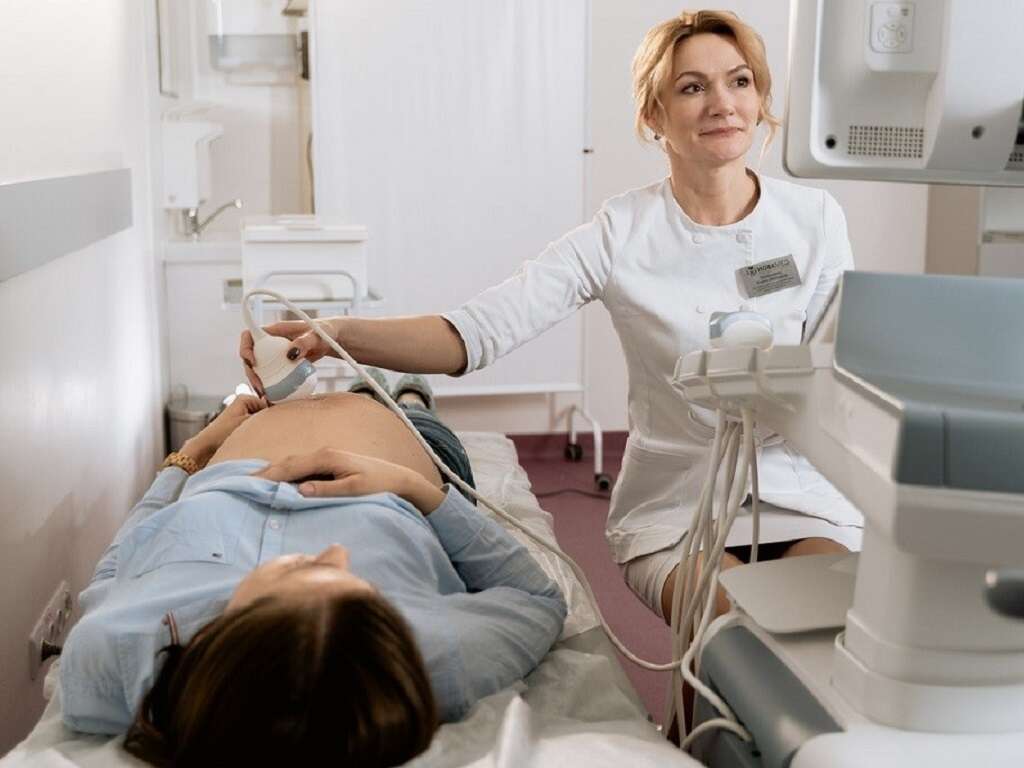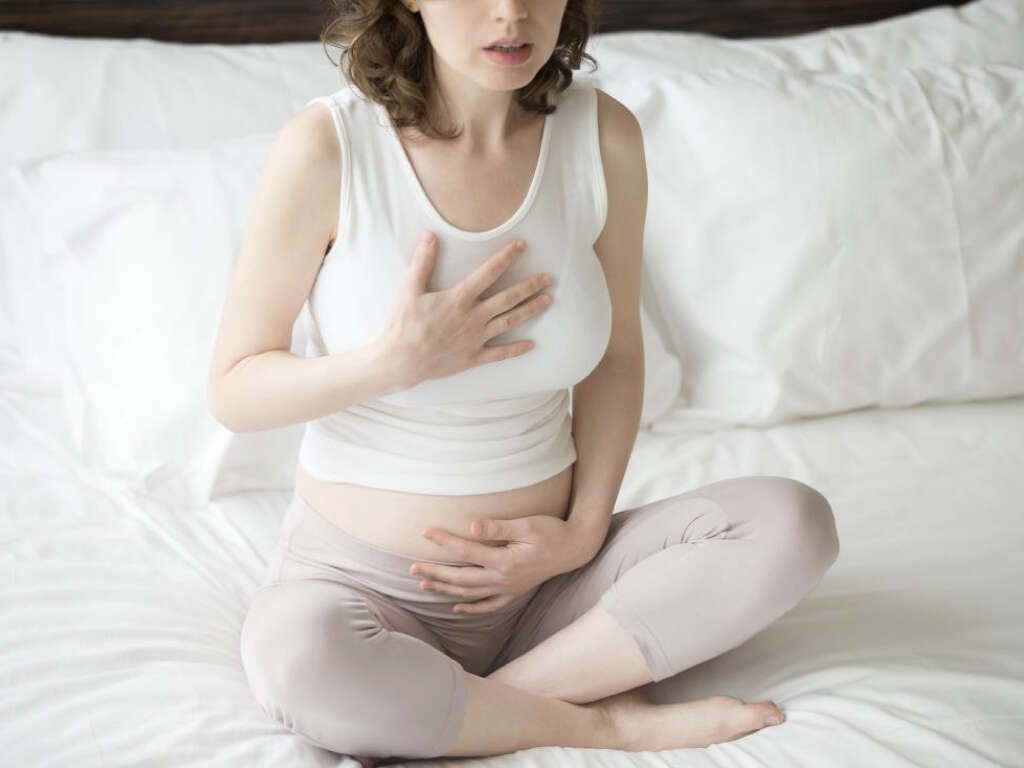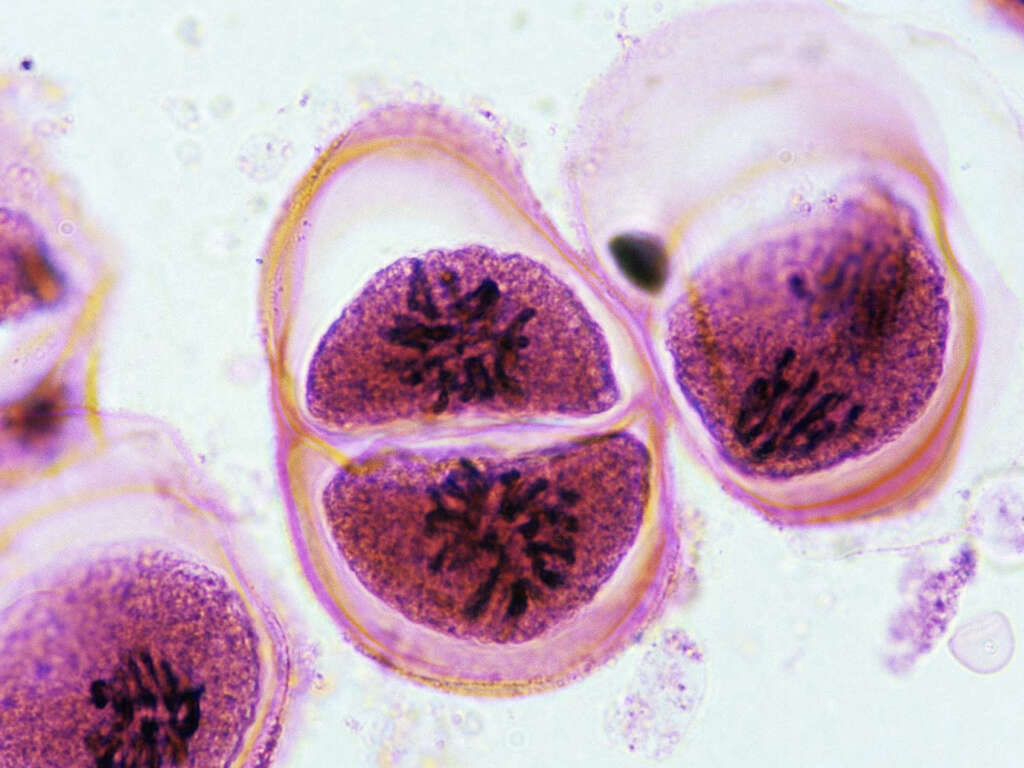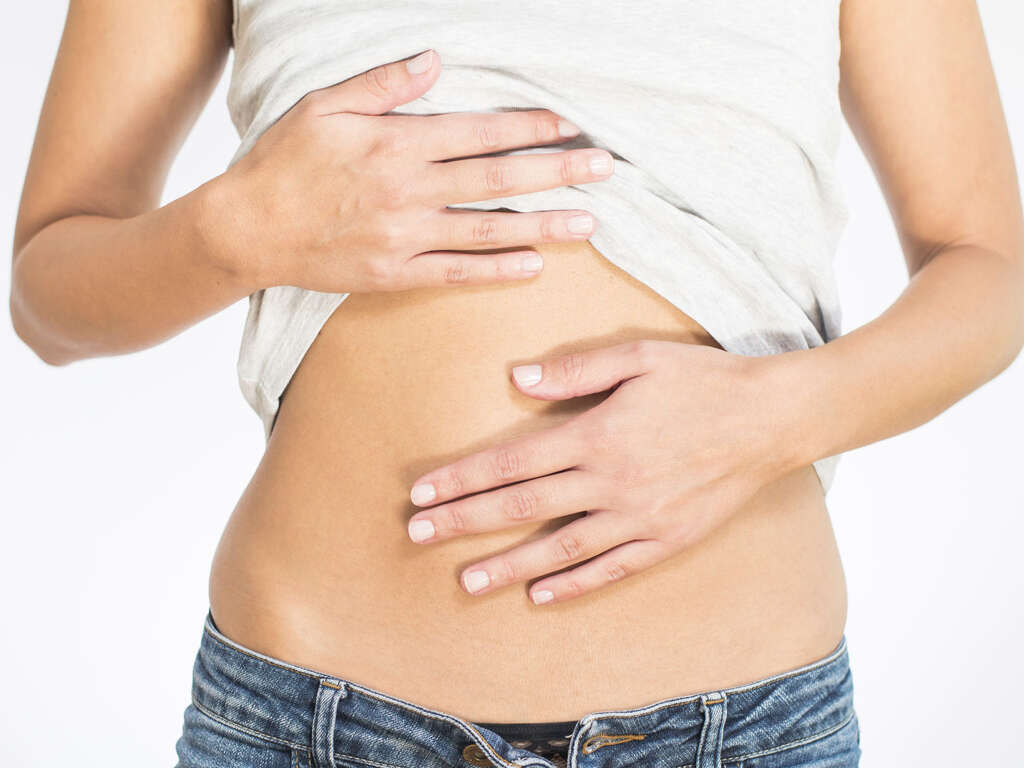10 Signs of Ovulation
After ovulation, a human egg will usually remain viable for around 7 to 10 days. It is during this time that women are able to get pregnant. A new egg is released once every 28 days or so. During ovulation, there will likely be some changes in the women’s body and this can lead to a number of symptoms.
How strong the symptoms are felt will vary from person to person, and some women will barely feel any symptoms at all. Knowing the signs of ovulation can be very helpful, though, particularly among women that are trying to get pregnant.
Here are some of the signs that you are at your most fertile.
Sign #1: Spotting
Spotting is another term given to light bleeding. It is not a common symptom of ovulation, but some women do experience it. It is a result of the follicle rupturing as the egg passes through and the amount of bleeding produced is usually very light. It is often noticed in the underwear, although it can also give a pink/red color to any vaginal discharge.
There are other reasons why a woman will experience spotting, one of which is ovarian cysts. As such, it is a good idea to get it checked out by a medical professional if you are not sure of the cause. Most conditions that cause it are easily dealt with, but it is still a good idea to check to be on the safe side.
Sign #2: Headaches
Headaches are one of those conditions that we tend to pass off as just one of those things. Depending on their severity, of course. While it can be very difficult to pinpoint what is causing them, some people will have a pretty good idea of the cause. In some cases, it can be a sign that you are ovulating.
This is not a common symptom of ovulation but, still, it does occur in some people. It will also sometimes be accompanied with nausea and it can cause some women to vomit. These symptoms come as a result of changing hormone levels in the body.

Sign #3: Basal Body Temperature Changes
Our core body temperature usually stays about the same. This is because we are able to regulate our own temperature, keeping it within a certain range regardless of the environment around us. That is within reason, of course. We can do this by generating heat from our food, and releasing heat mostly through perspiration.
When women come into ovulation, however, their bodies will cool slightly and will rise again once ovulation is complete. The change is slight and a special thermometer is needed to track it, but it can be a useful way of telling women that ovulation is occurring and that they may be ready to conceive.
Sign #4: Mucus
Mucus is commonly found in our bodies. It performs various functions such as providing lubrication and helping the body catch pathogens. It is also found in the cervix, and a change in the mucus here is a clear sign that you are going into ovulation.
During this time, the mucus in the cervix will take on the consistency of a raw egg. It becomes thinner than usual, and also more slippery, to aid the passage of sperm to the egg. This usually lasts for around 5 days in young women but as women get older, the period of time the mucus remains this way will decrease.

Sign #5: Cervix Moves
The cervix is the narrow passage that connects the vagina to the uterus. Not only does it allow semen to pass through after sex, but it also allows menstrual blood to pass through when the woman is on her period. You will also find that the position of the cervix will change when you are ovulating.
You can check its position yourself with your fingers. Usually, the cervix will feel quite hard at the tip and will be lower down in the vaginal canal. During ovulation, however, it will be higher up and the cervix will feel softer at the tip. If you check the position several times throughout the month, it will make it easier for you to tell the difference between the positions.
Sign #6: Sensitive Breasts
For many women, the breasts are one of the body’s erogenous zones. This means that they can help to make women feel stimulated when the breasts are played with and, for many, this is an important part of foreplay. Other than that, it is not usual for women to feel much from them at all.
However, the breasts can begin to feel more sensitive than they usually would during ovulation. This is because cells are multiplying in the breasts in preparation for a potential pregnancy. The tenderness will finish once ovulation is complete, but it will often continue if conception occurs.

Sign #7: Mittelschmerz
Mittelschmerz is a German word that translates directly into English as “middle pain.” Basically, it means a sensation that is felt in the lower abdomen area, and it is often described as a dull ache. It can last for several hours, but it can also sometimes last for only a few minutes. The sensation is a result of the egg making its way through the reproductive system.
Note that while this can be uncomfortable for some women (while many will not feel it at all), it should not be painful. If you are feeling a pain in the area during ovulation for no apparent reason then you really should arrange to get it checked out.
Sign #8: Heightened Senses
Our senses are very important to us. They help us to see what is around us and also to smell and taste objects in the vicinity. The latter are important when it comes to food because it helps to find food and to tell whether or not it is edible. When women are pregnant, these senses can become a lot more heightened than they usually would be.
Women that are ovulating will sometimes find that their sense of smell and taste will become more sensitive than it usually is. This is because the sense of smell is enhanced to help ovulating women detect androsterone, which is a male pheromone.

Sign #9: Bloating
Bloating tends to happen because we eat too much, or because of certain medical conditions with the digestive system. It can also be caused by the female reproductive system. It can happen during menstruation, and it can also happen during ovulation.
When a woman ovulates, estrogen levels in the body rise, and this causes the body to retain water. This can cause bloating in the abdomen area, and it can also lead to swellings in the extremities such as in the feet or in the fingers. This is not usually anything to be concerned about, but you should check with a medical professional if you are not sure.
Sign #10: Increased Sex Drive
Sex is very enjoyable. It gives us incredible physical sensations as well as incredible emotions, and sex also helps to strengthen the bond between partners. Sex is not only down to enjoyment though, of course, because it also serves a very practical function.
Ovulation is the best time for a woman to have sex if she wishes to get pregnant. As a result, her body will begin producing more sex hormones that really help to put her in the mood for sex. Along with the increased urges for sex, ovulating women also tend to have more energy when it comes to sex.



